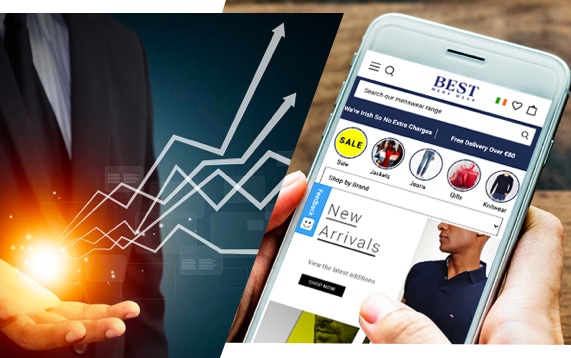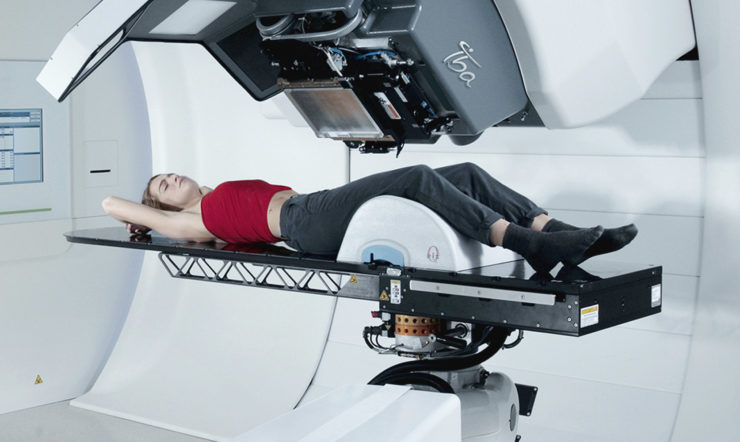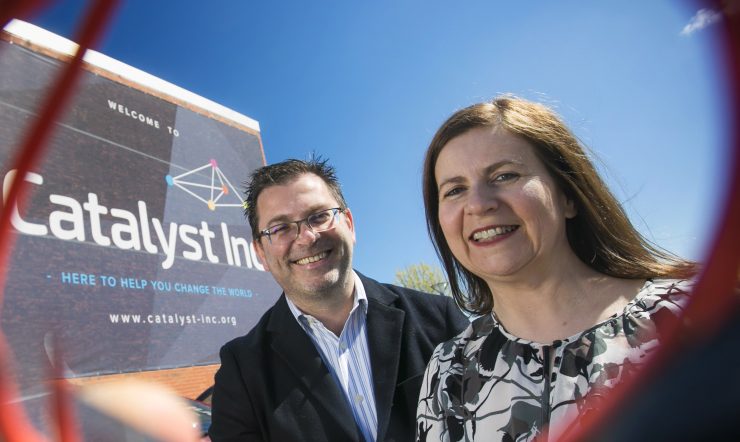In a world where so many new tools are aimed at the individual, those that emphasise the collective are increasingly valuable. Togetherness and unity are what define the most successful organisations, the businesses that are able to thrive and adapt in an ever-changing landscape of digital transformation and disruptive technology.
By unifying relationships, processes and data, businesses can break down silos, gaining insight into things that couldn’t be seen before and enabling disparate groups to work together more effectively.
Every modern manager knows how important data is in driving a company in the right direction. It allows a company to gain insight into its customers and to better understand employee needs and resources. Which is why having a common data model that creates a single view of processes and relationships is an essential element of a thriving modern business.
In search of a solution that ‘ticks all the boxes’
When harnessed correctly, one of the major benefits data can provide for business decision makers is the power to coordinate their teams faster – giving them greater insight into their teams, their activities and responsibilities and allowing people to do their best work and deliver better customer service.
A great example of a team harnessing data to provide greater insights comes in the form of charity The Donkey Sanctuary. Founded in 1969, it is one of the largest equine charities in the world, with a mission to ensure donkeys live free from suffering. To do the work efficiently, the charity needed a flexible animal management solution to record, manage and act upon the data they collected on animals.
“We wanted to find a system that could manage all the different areas of work that we do at The Donkey Sanctuary” explains Sarah Tulloch, Animal Management Systems Manager. “From veterinary care to donkey re-homing, we needed a solution that could be tick all the boxes and be easy for staff to use.”
Dynamics 365: a flexible CRM solution
The answer to The Donkey Sanctuary’s needs came in the form of Microsoft’s Dynamics 365, which provides an integrated CRM and ERP solution. “People tend to view Dynamics 365 as a customer relationship management system that only works well for standard sales processes, but it really can be developed to manage absolutely anything. We love showing our clients the vast possibilities that Dynamics [365] can offer”, says Nick Murdock, a CRM expert from Chorus.
The flexibility that Dynamics 365 offers to organisations means that they can unify and manage their data in ways that suits them. This means they can focus on the things that really matter: responding to their customers’ needs quickly and efficiently.
























